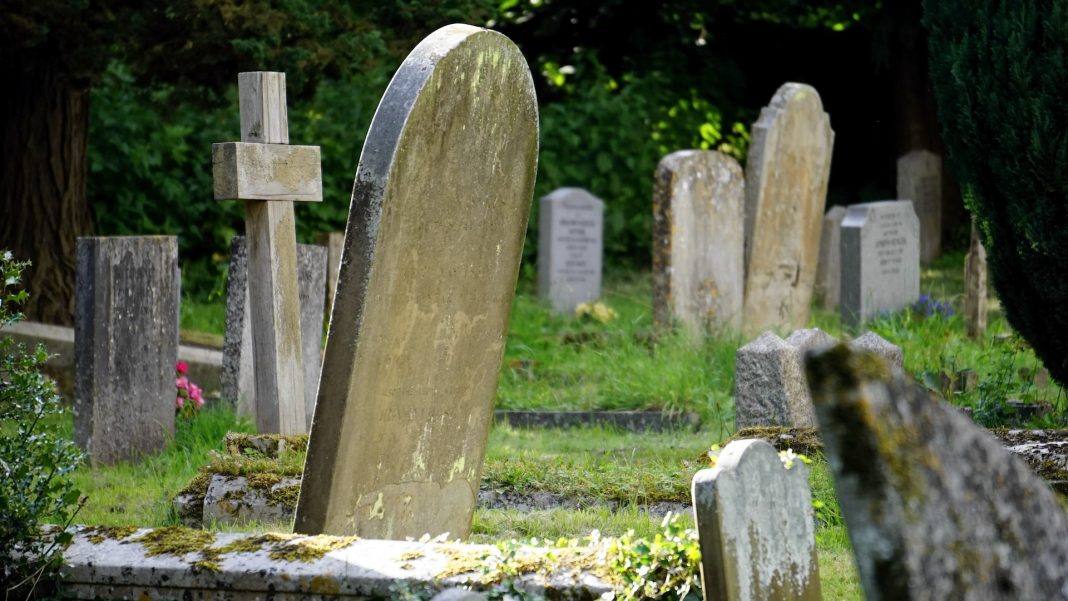Natural organic reduction — also known as human composting or terramation — after death has been legalized
New York’s governor, Kathy Hochul spearheaded the legislative move which makes New York the sixth to do so since 2019. The legislation gave New Yorkers access to a different way of burying the dead which is considered good for the environment.
This method of interment does not mean that people can just simply toss the dead bodies of their loved ones on the compost heap. The remains must be delivered to a cemetery corporation that is certified as an organic reduction facility, must be appropriately contained and properly ventilated, and not contain a battery, battery pack, power cell, radioactive implant, or radioactive device.
Washington became the first state to legalize human composting in 2019, followed by Colorado and Oregon in 2021, then Vermont and California later in 2022. New York’s legislation,A382, passed both assemblies over the summer.
The process of Human composting
Terramation entails that the body of the deceased is placed in a reusable, semi-open vessel containing appropriate bedding – wood chips, alfalfa, or straw – ideal for microbes to go about their work. At the end of the process, a stacked cubic yard of nutrient-dense soil, equivalent to 36 bags of soil is produced that can then be used as fertilizer.
“Every single thing we can do to turn people away from concrete liners and fancy caskets and embalming, we ought to do and be supportive of,” said Michelle Menter, manager at Greensprings Natural Cemetery Preserve in central New York. Menter said her business would strongly consider the method.
Hochul had found herself in a political dilemma over the issue. She has said that she is a proud Irish-American and has often spoken of how her Irish, Catholic roots influenced her political outlook.
The New York State Catholic Conference urged church followers to pressure Hochul to reject the bill. It argued that the process “does not provide the respect due to bodily remains,” as reported by the Catholic Courier.
Not appropriate
In a statement, Dennis Poust, the organization’s Executive Director said that “a process that is perfectly appropriate for returning vegetable trimmings to the earth is not necessarily appropriate for human bodies.”
On the other hand, the advocates of the Order of the Good Death prodded the governor to give her signature to the bill, and offered a series of decorative, colored cards reading “Compost Me” and “I Want to Be a Tree.”
Others contend that people want a method of burial that is consistent with how they lived their lives. “Cremation uses fossil fuels and burial uses a lot of land and has a carbon footprint,” said Katrina Spade, the founder of Recompose, a green funeral home in Seattle that offers human composting.
“For a lot of folks being turned into soil that can be turned to grow into a garden or tree is pretty impactful,” Spade told the Associated Press.
Proponents of terramation say the process is cost-effective and environment-friendly.
North West joins Kim in dance to Taylor Swift amid Kanye’s feud

